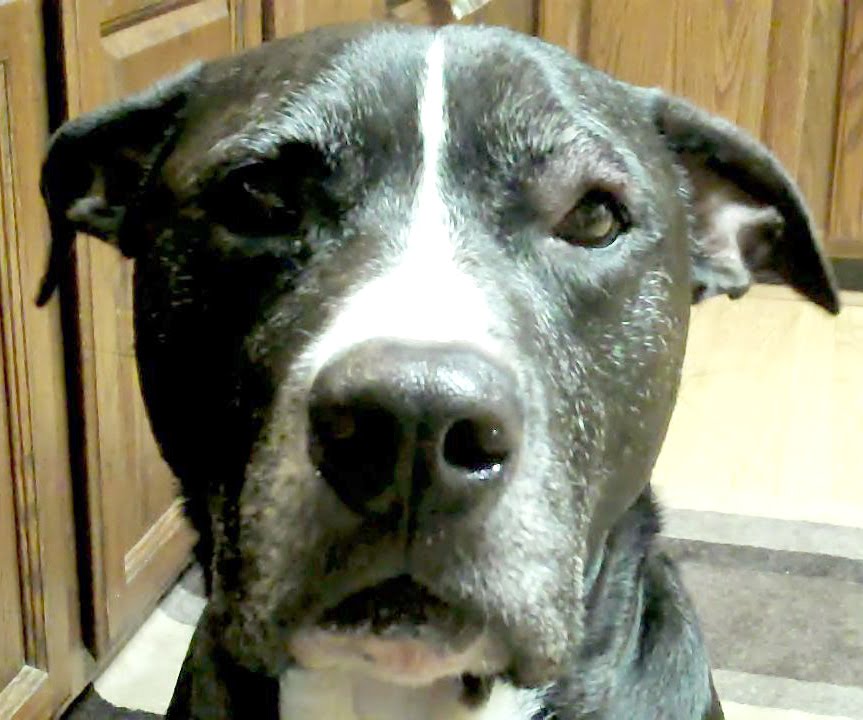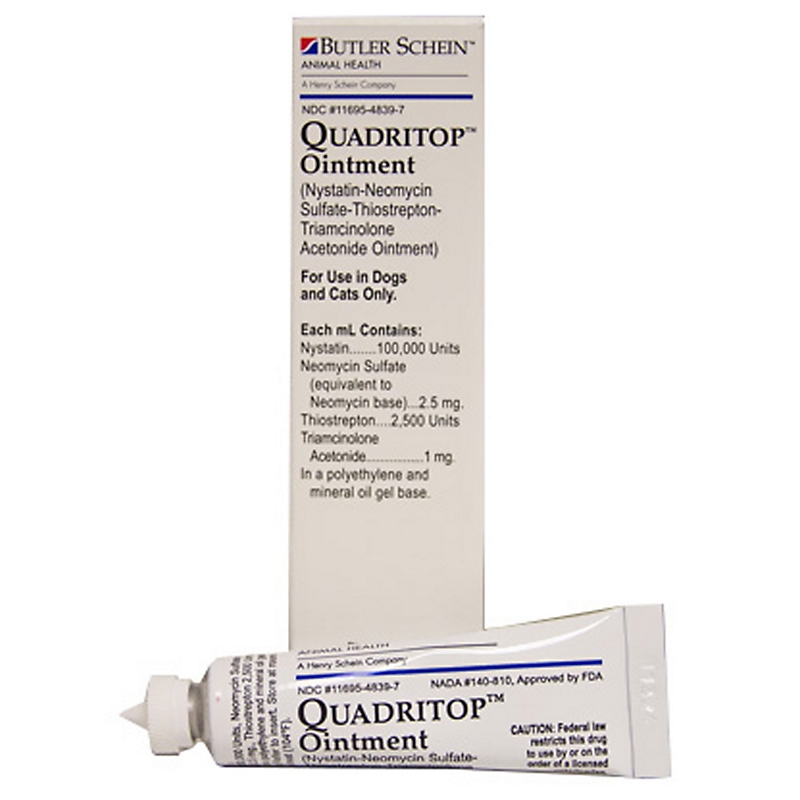Rabbit coccidia in dogs
Rabbit Coccidia In Dogs. Wild rabbits are more commonly affected as opposed to domesticated rabbits. Skilled veterinary technicians are able to distinguish the difference between the rabbit coccidia and the dog coccidia. As mentioned earlier clinical coccidiosis in adult dogs can be associated with other illnesses or stress. As many as 25 species of coccidia have been observed in the gastrointestinal tract of the rabbit.
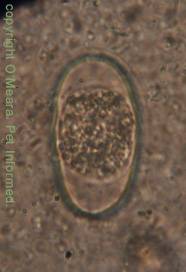 Coccidiosis In Dogs And Cats And Other Animals From pet-informed-veterinary-advice-online.com
Coccidiosis In Dogs And Cats And Other Animals From pet-informed-veterinary-advice-online.com
Coccidiosis is a common and worldwide sporozoan disease of rabbits caused by the protozoan parasite Eimeria ep. If you field trial or bought a pup or dog from someone. Veterinarians will sometimes see evidence that a dog has been eating rabbit droppings by finding the parasite coccidia in the stool. Parasites that potentially could be transmitted from rabbits to dogs are Cryptosporidia and Giardia. Its just a gross habit. Clinical signs of hepatic coccidiosis may vary as a function of the severity of infection and the immune status of the individual.
Like many intestinal parasites coccidiosis can be especially dangerous for young puppies who have under-developed immune systems.
It is important to note that some rabbits can show no signs of an infection at all and conversely some acutely infected animals can die rapidly. Steam is the only way to kill coccidia completely. Luckily the most common type of parasite found in dogs that have eaten rabbit poop coccidia is not harmful to a dogs health. It should however be noted that in some cases one and the same coccidia has been given several names. Coccidiosis most often occurs in puppies but adult dogs can also get infected. As many as 25 species of coccidia have been observed in the gastrointestinal tract of the rabbit.
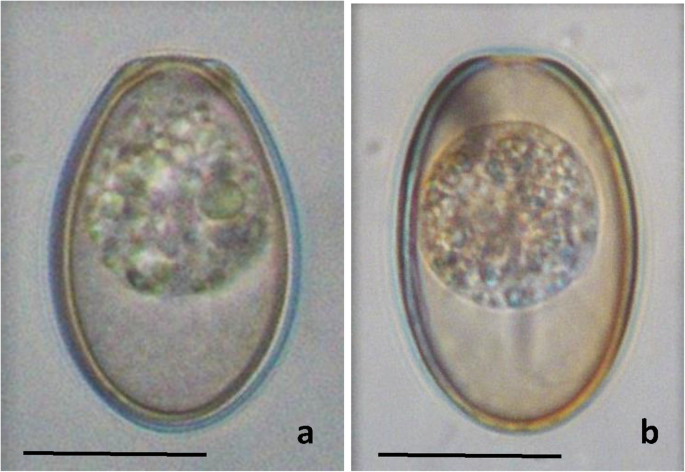 Source: bmcvetres.biomedcentral.com
Source: bmcvetres.biomedcentral.com
Coccidiosis is caused by a single-celled parasite or protozoa called Eimeria. Coccidiosis is caused by a single-celled parasite or protozoa called Eimeria. This parasite is unusual in targeting the rabbits liver whereas other species of Eimeria infect the rabbits intestinal tract. Coccidiosis is a worldwide disease that can affect not only the dog but also other mammals cats rabbits guinea pigs rats mice etc birds reptiles and humans. In the case of leptospirosis dogs can also be infected from ingesting the urine or eating the feces of rodents skunks possums or already-infected dogs.
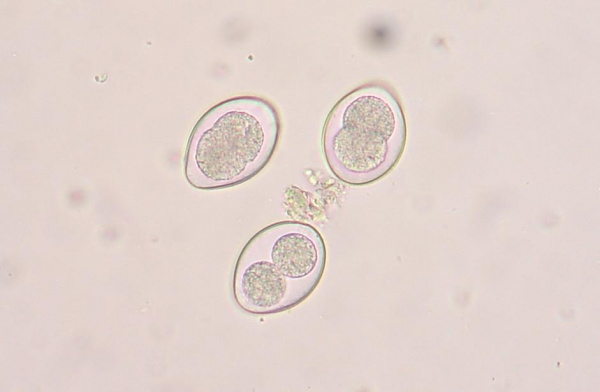 Source: vcahospitals.com
Source: vcahospitals.com
The rabbit form of coccidia doesnt cause harm to the dog and simply passes through the intestinal tract. Other animals which may be affected by the disease include chickens dogs cats cattle and sheep. If you field trial or bought a pup or dog from someone. These host-specific organisms live in rabbit intestines and can infect the liver. It is important to note that eating rabbit droppings does not mean that your dog has a dietary deficiency.
 Source: pet-informed-veterinary-advice-online.com
Source: pet-informed-veterinary-advice-online.com
Veterinarians can determine whether or not a dog has consumed rabbit feces by the presence of coccidia in the stool. The rabbit form of coccidia doesnt cause harm to the dog and simply passes through the intestinal tract. Its just a gross habit. An infection with coccidia is called coccidiosis. These are the most common parasites found in rabbit poop.
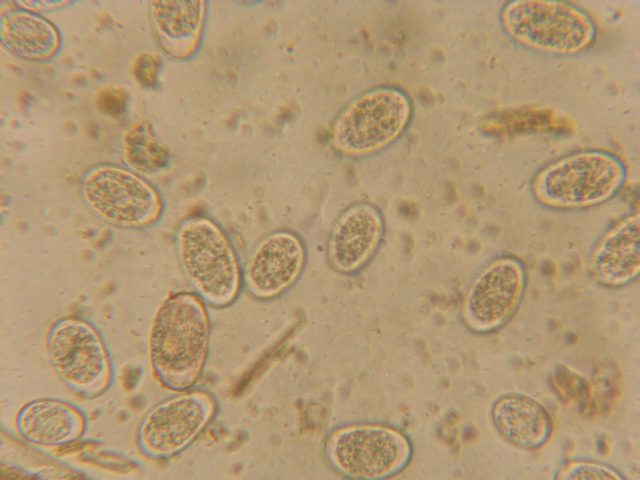 Source: petvet1.com
Source: petvet1.com
Coccidiosis is a worldwide disease that can affect not only the dog but also other mammals cats rabbits guinea pigs rats mice etc birds reptiles and humans. Answered by Nels Emard on Wed Jan 27 2021 403 AM. The causative agents of the disease the coccidia are microscopic protozoa that live as parasites in the small and large intestine of their host animal. Veterinarians can determine whether or not a dog has consumed rabbit feces by the presence of coccidia in the stool. Hepatic coccidiosis is caused by the rabbit-specific protozoan parasite Eimeria steidae.
 Source: medirabbit.com
Source: medirabbit.com
An infection with coccidia is called coccidiosis. Answered by Nels Emard on Wed Jan 27 2021 403 AM. Ponaziril is very expensive where corid is not. An infection with coccidia is called coccidiosis. Ponaziril is 2 day treatment instead of 7 days.
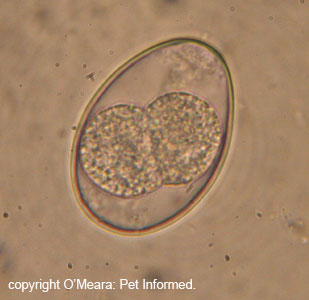 Source: pet-informed-veterinary-advice-online.com
Source: pet-informed-veterinary-advice-online.com
Dogs can get coccidiosis or leptospirosis from eating rabbit feces. There is a dog form of coccidia that can cause infection and then diarrhea. Healthy mature rabbits housed in good environments may only be transiently affected while young immunocompromised rabbits kept in poor. Ponaziril is 2 day treatment instead of 7 days. It should however be noted that in some cases one and the same coccidia has been given several names.
 Source: medirabbit.com
Source: medirabbit.com
Coccidiosis is a common and worldwide sporozoan disease of rabbits caused by the protozoan parasite Eimeria ep. Wild rabbits are more commonly affected as opposed to domesticated rabbits. Veterinarians will sometimes see evidence that a dog has been eating rabbit droppings by finding the parasite coccidia in the stool. However puppies and debilitated adult dogs may have severe watery diarrhea dehydration abdominal distress and vomiting. Other animals which may be affected by the disease include chickens dogs cats cattle and sheep.
 Source: sciencedirect.com
Source: sciencedirect.com
Coccidiosis is a worldwide disease that can affect not only the dog but also other mammals cats rabbits guinea pigs rats mice etc birds reptiles and humans. However puppies and debilitated adult dogs may have severe watery diarrhea dehydration abdominal distress and vomiting. Coccidiosis is an intestinal tract infection caused by a single-celled organism protozoa called coccidia. It is important to note that eating rabbit droppings does not mean that your dog has a dietary deficiency. Coccidiosis is a widespread parasitic disease that can infect rabbits.
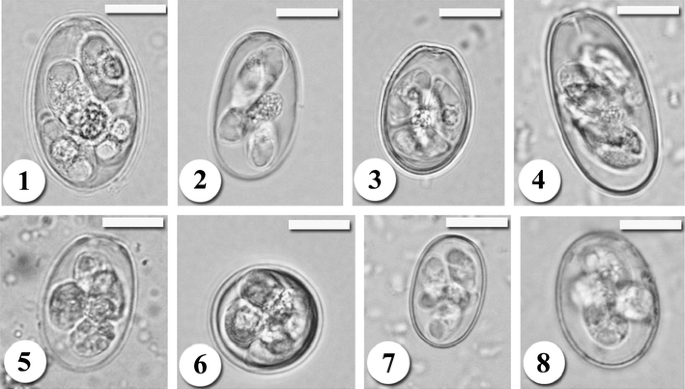 Source: link.springer.com
Source: link.springer.com
Coccidiosis is a widespread parasitic disease that can infect rabbits. Dogs with coccidia in their gastrointestinal tract have a condition called coccidiosis. Healthy mature rabbits housed in good environments may only be transiently affected while young immunocompromised rabbits kept in poor. Coccidial organisms including Eimeria are parasites that can infect rabbits especially young and recently weaned rabbits. Coccidiosis is an intestinal tract infection caused by a single-celled organism protozoa called coccidia.
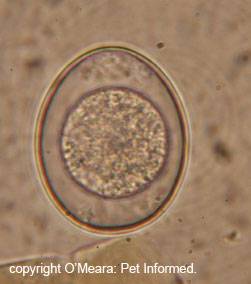 Source: pet-informed-veterinary-advice-online.com
Source: pet-informed-veterinary-advice-online.com
Veterinarians can determine whether or not a dog has consumed rabbit feces by the presence of coccidia in the stool. Its just a gross habit. In the case of leptospirosis dogs can also be infected from ingesting the urine or eating the feces of rodents skunks possums or already-infected dogs. As described by VCA Hospitals coccidiosis is an intestinal tract infection caused by a single-celled organism a protozoan called coccidia. Dogs can get coccidiosis or leptospirosis from eating rabbit feces.
 Source: merckvetmanual.com
Source: merckvetmanual.com
Up to 25 species of coccidian have been observed in rabbits with two main forms seen hepatic and intestinal. Coccidiosis is a common and worldwide sporozoan disease of rabbits caused by the protozoan parasite Eimeria ep. The causative agents of the disease the coccidia are microscopic protozoa that live as parasites in the small and large intestine of their host animal. Coccidia in Older Dogs and Pups. Skilled veterinary technicians are able to distinguish the difference between the rabbit coccidia and the dog coccidia.
 Source: veterinariadigital.com
Source: veterinariadigital.com
Clinical signs of hepatic coccidiosis may vary as a function of the severity of infection and the immune status of the individual. This parasite is unusual in targeting the rabbits liver whereas other species of Eimeria infect the rabbits intestinal tract. It is important to note that some rabbits can show no signs of an infection at all and conversely some acutely infected animals can die rapidly. Dogs can get coccidiosis or leptospirosis from eating rabbit feces. Coccidiosis is caused by a single-celled parasite or protozoa called Eimeria.
If you find this site value, please support us by sharing this posts to your own social media accounts like Facebook, Instagram and so on or you can also bookmark this blog page with the title rabbit coccidia in dogs by using Ctrl + D for devices a laptop with a Windows operating system or Command + D for laptops with an Apple operating system. If you use a smartphone, you can also use the drawer menu of the browser you are using. Whether it’s a Windows, Mac, iOS or Android operating system, you will still be able to bookmark this website.


